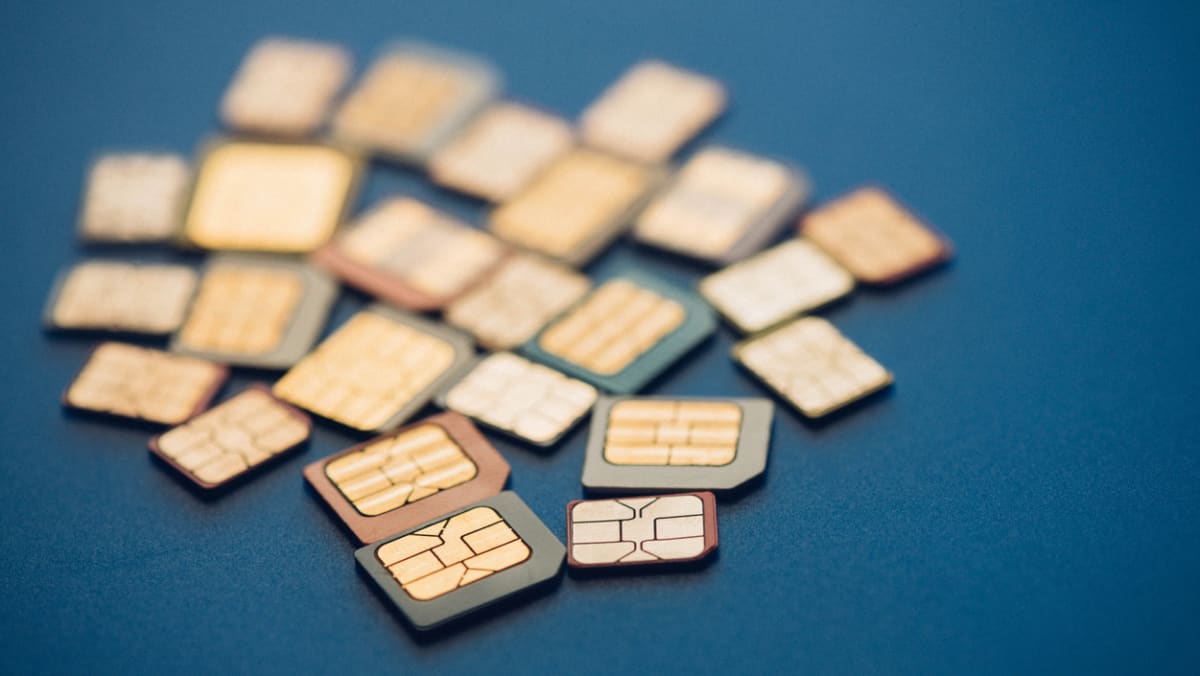
The second group targeted by the new law is middlemen who receive or possess local SIM cards with the intent to use or supply them for unlawful purposes.
Those who supply SIM cards knowing or having reasonable grounds to believe that they would be used for unlawful purposes will also be liable for offences.
Prosecutors will not have to prove knowledge or criminal intent if the local SIM cards were used for crime, or if 11 or more local SIM cards were found in the possession of the middleman.
They also do not need to prove criminal intent for people who buy, sell or rent a local SIM card registered with another person’s particulars.
The third group is errant retailers.
Mobile service providers are required to implement measures to prevent fraudulent registration of SIM cards. These measures include verifying the identity of subscribers by checking their original IDs and scanning IDs instead of manually keying in the subscribers’ particulars.
A number of retailers have used stolen or false credentials to register SIM cards, which they then sell to scammers.
A study of about 1,400 local SIM cards used in scams in the second half of last year found that 65 per cent of such SIM cards were sold by nine retailers.
“Such errant retailers should be held accountable. Not only do they tarnish the reputation of their peers, their actions cause many victims to suffer losses,” said Mrs Teo.
Offenders who receive, supply and possess local SIM cards or facilitate fraudulent registration of local SIM cards can be fined up to S$10,000, jailed for up to three years, or both, for a first offence.
For second or subsequent offences, the penalty may be a fine of up to S$20,000, imprisonment of up to five years, or both.
Corporations and unincorporated associations such as partnerships and societies can be fined up to twice the maximum amount for individuals.
QUESTIONS FROM MPS
Member of Parliament (MP) Desmond Choo (PAP-Tampines) asked whether the Ministry of Home Affairs was working with online platforms, such as Telegram, where local SIM cards are bought and sold.
In response, Mrs Teo said the police have been working with such platforms to take down accounts involved in scams and other crimes.
However, it is currently not a crime to buy or sell second-hand SIM cards, so there are no legal grounds to request such platforms to take down accounts involved in the sales of SIM cards.
“Once the new offences come into force, and the second-hand sale of local SIM cards becomes illegal, we will consider issuing directions under the Online Criminal Harms Act to the platforms to require them to restrict access to accounts involved,” she said.
